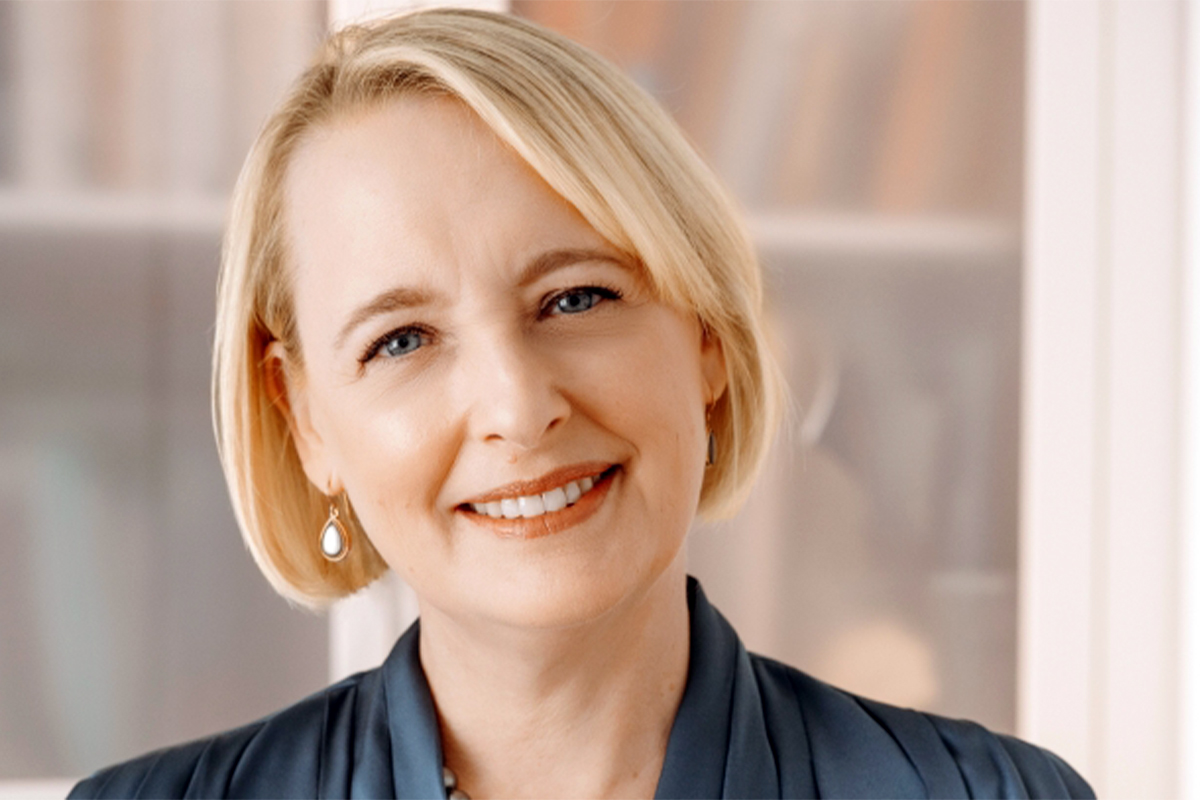Accenture, the Ireland-based multinational company selling consulting and processing services, has acquired its seventh company this month.
Born from Andersen Consulting on 1 January 2001, the organisation has entered into an agreement to buy Swedish company Cygni, a cloud-native full-stack development firm that helps companies transform their business through “advanced technical software development services and innovative technical solutions”.
“Today, there is no business leadership without technology leadership. Companies who use technology to master change will define the future,” Karthik Narain, Global Lead of Accenture Cloud First, said in a media release. “Having Cygni’s talented team join Accenture Cloud First strengthens our ability to help clients use the cloud and technology innovation to act faster, operate sustainably and deliver exceptional new experiences. Our new Cygni colleagues bring key skills to help clients master change in an era of compressed transformation.”
Cygni was founded in 2006 and has been recognised by The Great Place To Work Foundation as the best workplace in Europe five times, in addition to being named the best workplace in Sweden for seven consecutive years.
“Ever since Cygni was founded, we have had the vision to be the best place to work for highly skilled and ambitious software developers, which has been the foundation of our success,” said Jon Persson, CEO and Founder of Cygni. “Now, it is time for the next chapter in our history. By joining Accenture, our people will get the opportunity to continue to grow even more as an integral part of Accenture Cloud First. Solving huge and challenging problems for local and global clients will create even more opportunities for our people to build their skills and experience.”
Accenture, which employs 537,000 people and provides services across more than 40 industries, recently announced the creation of Accenture Cloud First, a new multi-service group of 70,000 cloud professionals, and a US$3 billion investment over three years to rapidly expand its cloud service capabilities and offerings. Accenture Cloud First integrates the company’s wide-ranging cloud expertise to help clients across every industry accelerate their digital transformation and realise greater value at speed and scale by rapidly becoming “cloud first” businesses.
Earlier this month, the multinational also acquired Imaginea, a cloud-native platform provider based in Mountain View, California, in addition to UK-based Infinity Works, which specialises in cloud architectures. Accenture then announced that it bought German consulting business fable+, which specialises in business agility and analytics-driven transformation. Located in Mannheim and Berlin, fable+’s team of 50 professionals have joined Accenture’s Talent & Organization / Human Potential team, adding highly specialised expertise focused on organisational transformation.
“What the past year taught us is that sudden disruption must be met with an equally rapid response in the workplace by leaders seeking to create cultures grounded in trust and focused on supporting people across many dimensions of wellbeing,” said Christie Smith, Global Lead of Talent & Organization / Human Potential. “fable+’s methodologies will enable our clients to shape their workplace culture and support the growth of agile and resilient teams that are central to sustainable businesses growth.”
During March, Accenture acquired REPL Group, a UK-based technology consultancy specialising in solutions for supply chain, workforce management, store operations and retail customer experiences. Founded in 2007, REPL is based in Henley-In-Arden, with additional offices in London, Warwick and Leeds in the UK, the US, South Africa and Germany. REPL’s team of approximately 440 professionals will join Accenture Technology.
The company also announced the purchase of Australian-based supply chain and logistics consulting firm GRA, which has offices in Melbourne, Sydney, Canberra and Brisbane. “The acquisition strengthens Accenture’s Supply Chain & Operations capabilities that help public and private sector clients address complex supply chain demands to deliver dynamic customer experiences in line with responsible practices,” Accenture said in a media release.
And it has acquired Pollux, a provider of industrial robotics and automation solutions, with its headquarters in Joinville, Brazil, and outlets in Brazil, Ecuador, Mexico, Canada and the US. Pollux provides solutions to optimise manufacturing and logistics processes, designing, engineering and deploying fully functional assembly lines that include robots and other hardware, plus the software that controls them. Pollux also offers visual analytics inspection solutions, autonomous mobile robots and robots as a service for shop floors and warehouses. It marks Accenture’s first acquisition of an industrial robotics solutions provider.
“Automation and human + machine collaboration are digitally transforming manufacturing and supply chain operations to be more flexible, resilient, sustainable and safe, and to better meet ever-changing customer demands. Tangibly seeing these benefits in practice requires a true integration of information technology and operations technology, which is what Pollux will allow us to offer our manufacturing clients,” Nigel Stacey, Global Lead for Accenture Industry X, said in a media release.
Accenture CEO Julie Sweet, ranked number one in Fortune‘s Most Powerful Women in Business for 2020, said the company was at roughly 20 per cent cloud in 2020, with hopes to be around 80 per cent by 2025.
During the business’s second fiscal quarter 2021 earnings report this month, Sweet said the coronavirus pandemic has caused companies to greatly accelerate their cloud adoption.
“COVID-19 has hit a giant fast forward button to the future and we believe the demand to innovate at unprecedented speed and scale with rapid adoption of cloud, AI and other disruptive technologies is accelerating,” she said. “The move from approximately 20 per cent to 80 per cent in the cloud alone is a huge undertaking, and it is just the start as companies will then continue to invest to grow and innovate on their new cloud foundations.”
Under Sweet’s leadership – she has been CEO since 1 September 2019 – the business produced US$12.1 billion in revenue during the second quarter of 2021, ended 28 February, representing an increase of eight per cent year on year.







